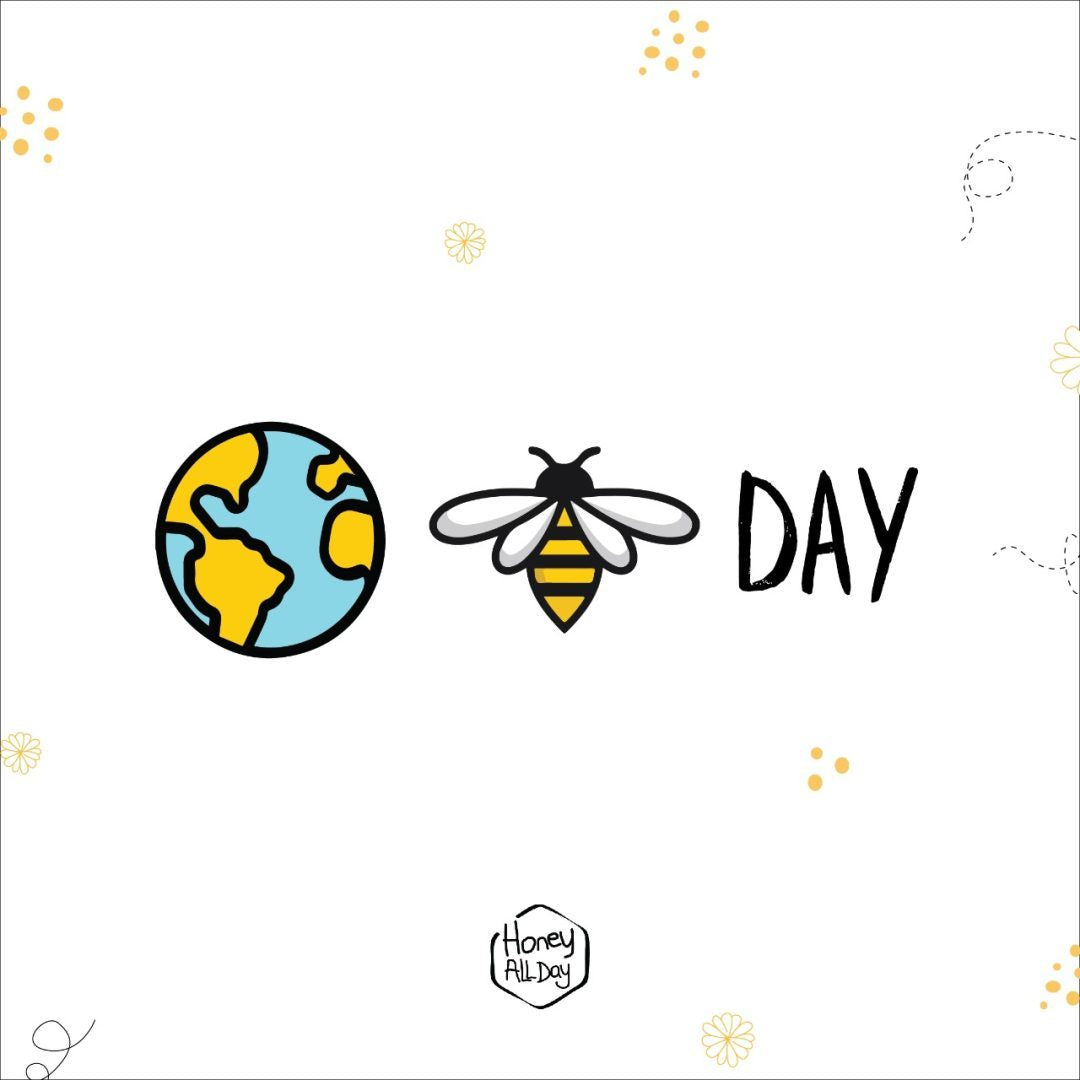Albert Einstein, one of the greatest and most influential physicists of all time said, “If the bee disappears from the surface of the Earth, man would have no more than four years left to live.”
Wondering, what’s so unique about bees that make them so pertinent to human existence? Why has the United Nations declared a day for them?
Intending to feed our curiosity and unravel additional information, we took a deep dive into the topic and learned the following facts.
It turns out that bees are the biggest pollinators, and are responsible for pollinating 75% of food crops, 90% of the flowering plant, and 35% of the agricultural land.
To put it simply, there won’t be any nuts, coffee, cocoa, tomatoes, apples, almonds – and many other crops in the absence of bees and thus, leading to nutritional deficiencies in the human diet. It is also estimated that about one-third of all plants or plant products eaten by humans are directly or indirectly dependent on bee pollination.
In order to enumerate the importance of bees in pollination, in Russia, two crop fields were planted with white clover, during blooming. One field was covered and bees were prevented from entering, while another field was left uncovered. After harvest, it was observed that, in the covered field, only 1 gram of seed was harvested, but in the field that was left uncovered, 331 grams of seeds were harvested.
Given the role that bees play in the natural ecosystem and human existence, it is now crystal clear what Elbert Einstein meant when he said, “If the bee disappears from the surface of the Earth, man would have no more than four years left to live.”
But, sadly, the insect with such importance, is today, facing threats and population decline due to irresponsible human actions like the introduction of invasive insects, use of chemical pesticides, land-use change, and monocropping practices, which have continuously been destroying bee colonies over time.
Hien Ngo, a pollinator expert with the U.N.’s Food and Agriculture Organization says, “There are 20,000 species of bees around the world and a lot of these bees are in decline.”
Therefore, to raise awareness of the importance of pollinators, the threats they face, and their contribution to sustainable development, the UN-designated 20 May as World Bee Day.





